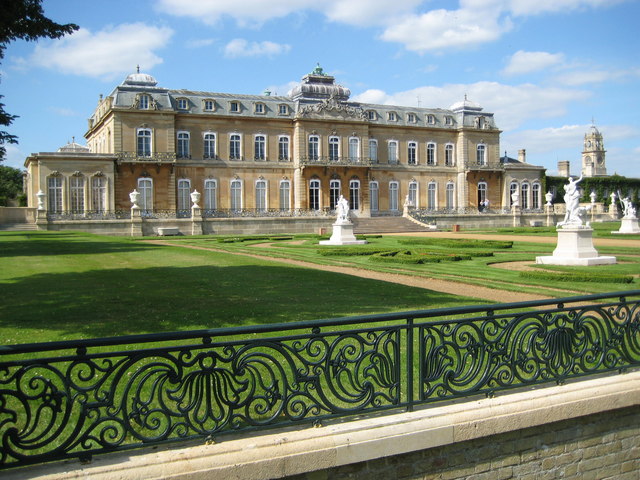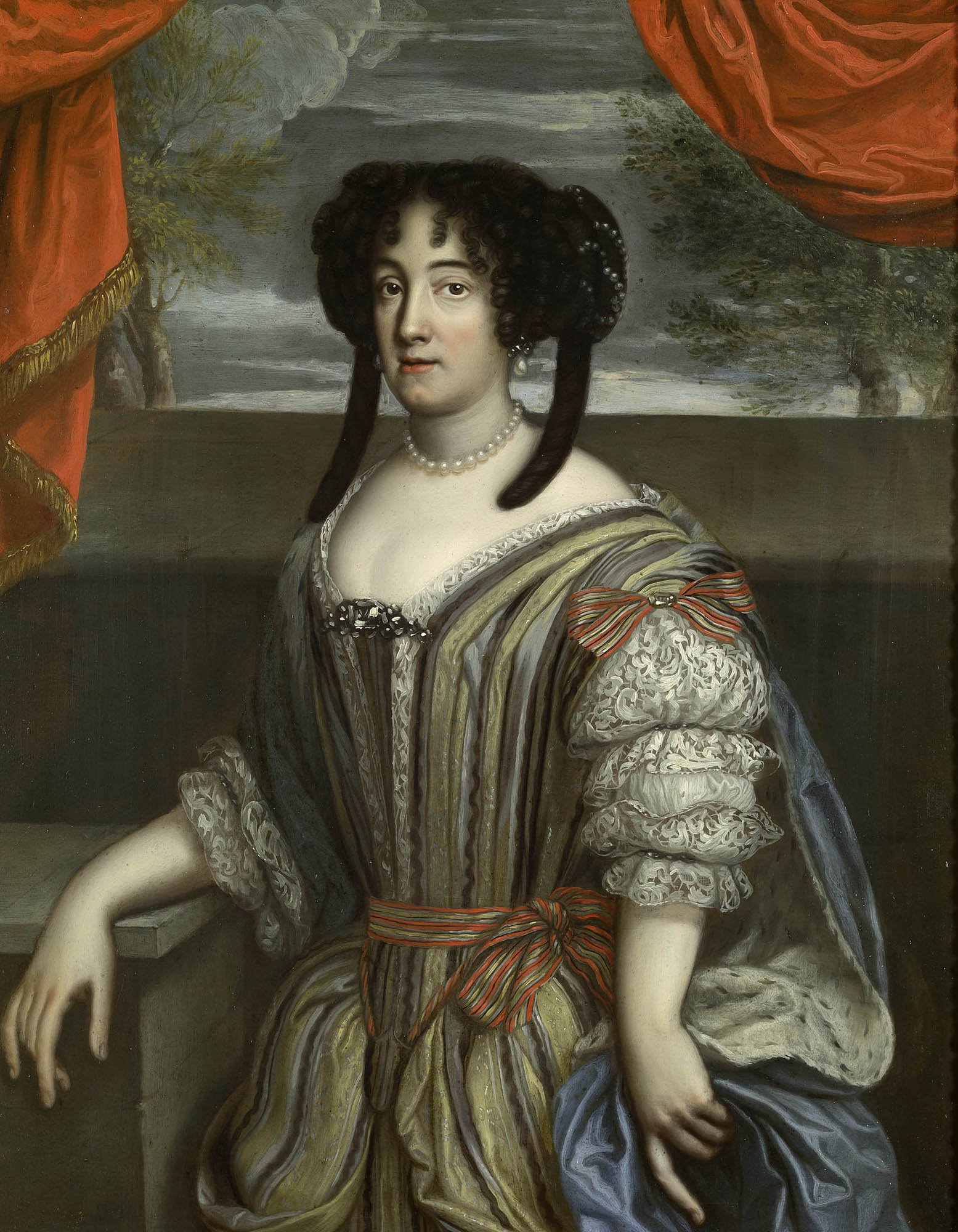|
Henry Grey, 8th Earl Of Kent
Henry Grey, 8th Earl of Kent (c. 1583 – 21 November 1639) of Wrest Park, Bedfordshire was Earl of Kent from 1623 to his death. He was born the only son of Charles Grey, 7th Earl of Kent and his wife Susan Cotton and educated at Trinity College, Cambridge. His legal agents include John Selden, a prominent jurist. On 16 November 1601, at St Martin-in-the-Fields, Henry married Elizabeth Grey, Countess of Kent, Elizabeth Talbot (1582 – 7 December 1651), a daughter of Gilbert Talbot, 7th Earl of Shrewsbury and Mary Talbot, Countess of Shrewsbury, Mary Cavendish. There were no known children from this marriage. He was knighted in 1603. He was elected member of parliament for Tavistock (UK Parliament constituency), Tavistock in 1601 and knight of the shire for Bedfordshire (UK Parliament constituency), Bedfordshire in 1614. He served as Lord Lieutenant of Bedfordshire from 1621 to 1627 and again from 1629 to his death. From 1621 to 1623, Henry held the title jointly with his fathe ... [...More Info...] [...Related Items...] OR: [Wikipedia] [Google] [Baidu] |
George Grey, 2nd Earl Of Kent
George Grey, 2nd Earl of Kent, (1454 – 25 December 1505) was the son of Edmund Grey, 1st Earl of Kent and Lady Katherine Percy. He was the Second Earl of Kent from 1490 to 1505. Biography George Grey, 2nd Earl of Kent and 5th Baron Grey de Ruthyn, was the second son of the 1st Earl, his elder brother having died in 1480. He was made a Knight of the Bath by King Richard III in July 1483. He was a Justice of the Peace for Huntingdonshire from 1480, for Northamptonshire from 1480 and for Bedfordshire from 1483, for Buckinghamshire from 1494 and for Kent from 1496. Grey fought for Henry VII against the Yorkist pretender Lambert Simnel at the Battle of Stoke Field on 16 June 1487. In 1491 he was a commissioner to raise money in Bedfordshire for a war against France. On 17 June 1497, he again fought in a royal army when it defeated Cornish rebels at the Battle of Deptford Bridge (also known as the Battle of Blackheath). Grey died at Ampthill in December 1505. Earlier that year he ... [...More Info...] [...Related Items...] OR: [Wikipedia] [Google] [Baidu] |
English MPs 1601
English usually refers to: * English language * English people English may also refer to: Peoples, culture, and language * ''English'', an adjective for something of, from, or related to England ** English national identity, an identity and common culture ** English language in England, a variant of the English language spoken in England * English languages (other) * English studies, the study of English language and literature * ''English'', an Amish term for non-Amish, regardless of ethnicity Individuals * English (surname), a list of notable people with the surname ''English'' * People with the given name ** English McConnell (1882–1928), Irish footballer ** English Fisher (1928–2011), American boxing coach ** English Gardner (b. 1992), American track and field sprinter Places United States * English, Indiana, a town * English, Kentucky, an unincorporated community * English, Brazoria County, Texas, an unincorporated community * Engli ... [...More Info...] [...Related Items...] OR: [Wikipedia] [Google] [Baidu] |
17th-century English Nobility
The 17th century lasted from January 1, 1601 ( MDCI), to December 31, 1700 ( MDCC). It falls into the early modern period of Europe and in that continent (whose impact on the world was increasing) was characterized by the Baroque cultural movement, the latter part of the Spanish Golden Age, the Dutch Golden Age, the French ''Grand Siècle'' dominated by Louis XIV, the Scientific Revolution, the world's first public company and megacorporation known as the Dutch East India Company, and according to some historians, the General Crisis. From the mid-17th century, European politics were increasingly dominated by the Kingdom of France of Louis XIV, where royal power was solidified domestically in the civil war of the Fronde. The semi-feudal territorial French nobility was weakened and subjugated to the power of an absolute monarchy through the reinvention of the Palace of Versailles from a hunting lodge to a gilded prison, in which a greatly expanded royal court could be more easily k ... [...More Info...] [...Related Items...] OR: [Wikipedia] [Google] [Baidu] |
16th-century English Nobility
The 16th century begins with the Julian year 1501 ( MDI) and ends with either the Julian or the Gregorian year 1600 ( MDC) (depending on the reckoning used; the Gregorian calendar introduced a lapse of 10 days in October 1582). The 16th century is regarded by historians as the century which saw the rise of Western civilization and the Islamic gunpowder empires. The Renaissance in Italy and Europe saw the emergence of important artists, authors and scientists, and led to the foundation of important subjects which include accounting and political science. Copernicus proposed the heliocentric universe, which was met with strong resistance, and Tycho Brahe refuted the theory of celestial spheres through observational measurement of the 1572 appearance of a Milky Way supernova. These events directly challenged the long-held notion of an immutable universe supported by Ptolemy and Aristotle, and led to major revolutions in astronomy and science. Galileo Galilei became a champion ... [...More Info...] [...Related Items...] OR: [Wikipedia] [Google] [Baidu] |
Grey Family
The House of Grey is an ancient English noble family from Creully in Normandy. The founder of the House of Grey was Anchetil de Greye, a Norman chevalier and vassal of William FitzOsbern, 1st Earl of Hereford, one of the few proven companions of William the Conqueror known to have fought at the Battle of Hastings in 1066. The Greys were first ennobled in the 13th century as Barons Grey of Codnor, of Ruthyn and of Wilton, and they were later elevated as viscounts, earls, marquesses, dukes; among them, Prime Minister Charles Grey, 2nd Earl Grey abolished slavery in the British Empire in 1833. King Edward VI declared his cousin Lady Jane Grey "the Nine Days' Queen" to be his successor as Queen of England and Ireland, and she reigned from 10 July through 19 July 1553 by her right as the great-granddaughter of King Henry VII via her parents Henry Grey, 1st Duke of Suffolk and Mary Tudor, Queen of France, until she was deposed by her cousin Mary I of England. Grey lineage 11th cent ... [...More Info...] [...Related Items...] OR: [Wikipedia] [Google] [Baidu] |
Earls Of Kent (1465 Creation)
The peerage title Earl of Kent has been created eight times in the Peerage of England and once in the Peerage of the United Kingdom. In fiction, the Earl of Kent is also known as a prominent supporting character in William Shakespeare's tragedy King Lear. Earls of Kent, first creation (1020) The Earldom Kent was first created by Cnut the Great for Godwin, Earl of Wessex. Upon his death, in 1053, it was inherited by his son, Leofwine Godwinson. Leofwine, in 1066, at the Battle of Hastings, was killed, and his titles forfeited to the new King William. *Godwin, Earl of Wessex (1020–1053), 1st Earl of Kent. *Leofwine Godwinson (1053–1066), 4th son of above, 2nd Earl of Kent. Earls of Kent, second creation (1067) After William, Duke of Normandy conquered England, Odo, Bishop of Bayeux, his half-brother, was awarded the Earldom of Kent, the second creation. In 1076, Odo was found guilty of defrauding the crown, and most of his properties were forfeited to the crown, but he was not ... [...More Info...] [...Related Items...] OR: [Wikipedia] [Google] [Baidu] |
Alumni Of Trinity College, Cambridge
Alumni (singular: alumnus (masculine) or alumna (feminine)) are former students of a school, college, or university who have either attended or graduated in some fashion from the institution. The feminine plural alumnae is sometimes used for groups of women. The word is Latin and means "one who is being (or has been) nourished". The term is not synonymous with "graduate"; one can be an alumnus without graduating (Burt Reynolds, alumnus but not graduate of Florida State, is an example). The term is sometimes used to refer to a former employee or member of an organization, contributor, or inmate. Etymology The Latin noun ''alumnus'' means "foster son" or "pupil". It is derived from PIE ''*h₂el-'' (grow, nourish), and it is a variant of the Latin verb ''alere'' "to nourish".Merriam-Webster: alumnus .. Separate, but from the s ... [...More Info...] [...Related Items...] OR: [Wikipedia] [Google] [Baidu] |
1639 Deaths
Events January–March * January 14 – Connecticut's first constitution, the Fundamental Orders, is adopted. * January 19 – Hämeenlinna ( sv, Tavastehus) is granted privileges, after it separates from the Vanaja parish, as its own city in Tavastia. *c. January – The first printing press in British North America is started in Cambridge, Massachusetts, by Stephen Daye. * February 18 – In the course of the Eighty Years' War, a sea battle is fought in the English Channel off of the coast of Dunkirk between the navies of the United Provinces of the Netherlands, with 12 warships, and Spain, with 12 galleons and eight other ships. The Spanish are forced to flee after three of their ships are lost and 1,600 Spaniards killed or injured, while the Dutch sustain 1,700 casualties without the loss of a ship. * March 3 – The early settlement of Taunton, Massachusetts, is incorporated as a town. * March 13 – Harvard University is named for cle ... [...More Info...] [...Related Items...] OR: [Wikipedia] [Google] [Baidu] |
1580s Births
Year 158 ( CLVIII) was a common year starting on Saturday (link will display the full calendar) of the Julian calendar. At the time, it was known as the Year of the Consulship of Tertullus and Sacerdos (or, less frequently, year 911 ''Ab urbe condita''). The denomination 158 for this year has been used since the early medieval period, when the Anno Domini calendar era became the prevalent method in Europe for naming years. Events By place Roman Empire * The earliest dated use of Sol Invictus, in a dedication from Rome. * A revolt against Roman rule in Dacia is crushed. China * Change of era name from ''Yongshou'' to ''Yangxi'' of the Chinese Han Dynasty. Births *Gaius Caesonius Macer Rufinianus, Roman politician (d. 237) Deaths * Wang Yi, Chinese librarian and poet (d. AD 89 AD 89 (LXXXIX) was a common year starting on Thursday (link will display the full calendar) of the Julian calendar. At the time, it was known as the Year of the Consulship of Fulvus and ... [...More Info...] [...Related Items...] OR: [Wikipedia] [Google] [Baidu] |
Baron Grey De Ruthyn
Baron Grey of Ruthin (or Ruthyn) was a noble title created in the Peerage of England by writ of summons in 1324 for Sir Roger de Grey, a son of John, 2nd Baron Grey of Wilton, and has been in abeyance since 1963. Historically, this branch of the Grey family was seated at Ruthin Castle in Wales. The Bearers of the Great Golden Spurs, or Saint George's Spurs, the emblems of knighthood and chivalry, perform their service ''jure sanguinis'', dependent upon descent from William, Earl of Pembroke, heir to his brother, John le Marshal, who carried the Spurs at the Coronation of Richard I in 1189. The Marshals failed in the male line and the hereditary right descended in the female line through the Hastings family to the Lords Grey de Ruthyn, later Marquesses of Hastings. The male line failed again and an equal right in the female line descended in 1911 to the Earl of Loudoun (Abney-Hastings) and Lord Grey de Ruthyn (Clifton). Barons Grey of Ruthin (1324) *Roger Grey, 1st Baron Grey o ... [...More Info...] [...Related Items...] OR: [Wikipedia] [Google] [Baidu] |





